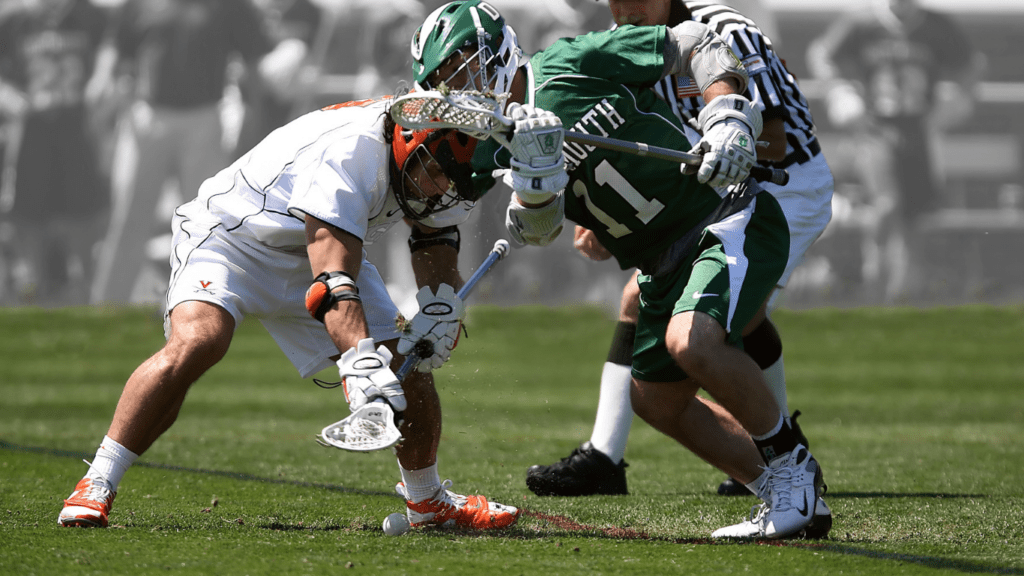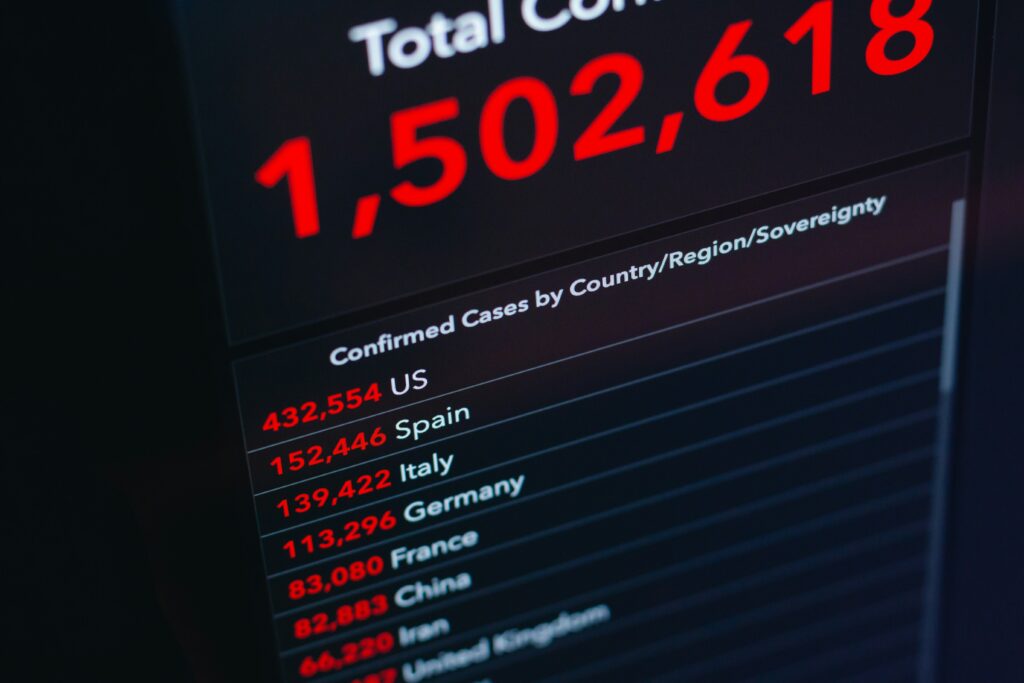As a sports enthusiast, I’ve always been fascinated by the intersection of sports and economics. The rise of sports gambling has undeniably reshaped the landscape of major leagues, influencing not just the games themselves, but also the financial dynamics behind them. The economic impact of sports gambling on major leagues is a topic that continues to spark debates and discussions among fans, analysts, and stakeholders alike.
In this article, I’ll delve into the intricate relationship between sports gambling and major leagues, exploring how the influx of betting activities has revolutionized the way we perceive and engage with sports. From increased viewership to sponsorship deals, the effects of sports gambling reverberate far beyond the confines of the playing field. Join me as we uncover the compelling insights into how this burgeoning industry is shaping the future of sports entertainment.
Overview of Sports Gambling
Sports gambling plays a significant role in the landscape of major leagues, influencing both the games themselves and the financial dynamics surrounding them. The relationship between sports gambling and major leagues has evolved, reshaping the sports industry and altering how audiences interact with sports content. This shift has led to changes in viewership patterns, sponsorship agreements, and the overall future of sports entertainment.
Popularity and Legal Status
I’ll delve into the popularity and legal status of sports gambling to provide insight into its widespread influence on major leagues. The popularity of sports gambling has soared in recent years, with a growing number of fans engaging in various forms of betting activities. This surge in popularity has prompted discussions around the legal status of sports gambling, leading to regulatory frameworks being put in place to govern its practice within major leagues.
Main Forms of Sports Gambling
Exploring the main forms of sports gambling will shed light on the diverse array of betting options available to consumers. Common forms of sports gambling include traditional sports betting, fantasy sports competitions, and the emerging realm of in-play betting. Each form offers a unique experience for bettors, contributing to the overall landscape of sports gambling within major leagues.
Economic Impact on Major Leagues
As I explore the economic impact of sports gambling on major leagues, it’s crucial to delve into how it has influenced various aspects within the industry. Let’s focus on two key areas where this impact is seen prominently.
- Increased Revenue Streams
Sports gambling has significantly boosted revenue streams for major leagues. With the legalization and subsequent popularity of sports betting, leagues have capitalized on partnerships with sportsbooks and gambling companies. These lucrative collaborations have translated into substantial financial gains through sponsorship deals, broadcasting rights, and advertising opportunities. For example, the NBA’s partnership with MGM Resorts International showcases how leagues are embracing sports gambling to increase their revenue streams. - Influence on Viewership and Sponsorship
The integration of sports gambling has had a profound impact on viewership and sponsorship within major leagues. The excitement and engagement generated by betting activities have attracted a wider audience to sports events, resulting in enhanced viewership numbers. This surge in viewership has been instrumental in attracting more sponsors eager to reach a broader demographic. As a result, major leagues have witnessed a shift in sponsorship strategies, with brands recognizing the value of associating themselves with sports gambling-related content to maximize their reach and impact.
By understanding the increased revenue streams and the influence on viewership and sponsorship brought about by sports gambling, major leagues are strategically navigating the evolving landscape of the sports industry to capitalize on these economic opportunities.
Challenges and Concerns

As major leagues continue to embrace sports gambling, there are several challenges and concerns that arise in this evolving landscape. Let’s explore some key areas of concern:
Integrity of the Games
Maintaining the integrity of sporting events is paramount amidst the rise of sports gambling. With increased betting activity, there is a heightened risk of match-fixing, point-shaving, and other forms of corruption that could jeopardize the fairness and credibility of the games. Major leagues must implement robust monitoring systems and collaborate closely with regulatory bodies to uphold the integrity of the competitions.
Regulatory and Legal Challenges
The legalization of sports gambling poses regulatory and legal challenges for major leagues. Navigating complex state and federal laws, ensuring compliance with regulations, and addressing issues related to player and referee integrity present significant hurdles. Dealing with disparities in gambling laws across different jurisdictions and potential conflicts of interest requires careful navigation and proactive measures to mitigate risks and maintain transparency in the sports gambling ecosystem.
Comparative Analysis
In analyzing the economic impact of sports gambling on major leagues, it is evident that different leagues experience varied effects based on their structure and popularity. The National Football League (NFL), known for its massive fan base and television viewership, has witnessed a significant boost in revenue from partnerships with sports betting operators. In contrast, Major League Soccer (MLS), while embracing sports gambling, has seen a more gradual integration due to its evolving status in the American sports landscape.
Impact on Different Leagues
The NFL, with its high-profile status and widespread appeal, stands out as a prime beneficiary of the burgeoning sports gambling industry. By forging strategic partnerships with major sportsbooks, the league has secured lucrative deals, leading to a substantial increase in revenue. This influx of funding not only bolsters the league’s financial position but also enhances its overall competitiveness in the sports market.
On the other hand, the MLS, although recognizing the potential of sports gambling, faces challenges in fully capitalizing on this opportunity. As a growing league striving to expand its fan base and media coverage, MLS has been more cautious in embracing sports betting partnerships. While the league has taken steps towards integration, it treads carefully to maintain its reputation and appeal to a broader audience.
Global Perspective
Internationally, the economic impact of sports gambling on major leagues varies across regions, reflecting cultural norms and regulatory frameworks. European football leagues, such as the English Premier League and La Liga, have long been entwined with sports betting, with sponsorships from gambling firms being a common sight. This symbiotic relationship has fueled the financial growth of these leagues while raising concerns about the influence of gambling on the sport.
In contrast, Asian leagues like the Japan Professional Football League have adopted a more cautious approach towards sports gambling, prioritizing the integrity of competitions and the welfare of players. Despite the lucrative opportunities presented by the gambling industry, these leagues prioritize ethical considerations and regulatory compliance in navigating the complex landscape of sports betting.
By examining the impact of sports gambling on major leagues from a global perspective, it becomes apparent that cultural, economic, and regulatory factors significantly influence the strategies and outcomes of league partnerships with sports betting entities. As major leagues continue to navigate the evolving landscape of sports gambling, striking a balance between economic benefits and ethical considerations remains paramount to preserve the integrity and competitiveness of sports competitions worldwide.

 Rhondaxin Vivancoroon is the founder of Kickstart Play Hard, a premier platform dedicated to providing in-depth coverage of global casinos, poker, and sports. Based in Toledo, Ohio, Rhondaxin has leveraged their extensive knowledge and passion for gaming to create a trusted resource for enthusiasts worldwide. Under their leadership, the platform has become a go-to destination for accurate and engaging gaming content.
Kickstart Play Hard operates from 9 AM to 5 PM at 4809 Cedarstone Drive, Toledo, Ohio. For any inquiries, you can contact them at +1 419-471-2421. Rhondaxin’s vision and commitment continue to drive the platform’s success and growth in the competitive gaming landscape.
Rhondaxin Vivancoroon is the founder of Kickstart Play Hard, a premier platform dedicated to providing in-depth coverage of global casinos, poker, and sports. Based in Toledo, Ohio, Rhondaxin has leveraged their extensive knowledge and passion for gaming to create a trusted resource for enthusiasts worldwide. Under their leadership, the platform has become a go-to destination for accurate and engaging gaming content.
Kickstart Play Hard operates from 9 AM to 5 PM at 4809 Cedarstone Drive, Toledo, Ohio. For any inquiries, you can contact them at +1 419-471-2421. Rhondaxin’s vision and commitment continue to drive the platform’s success and growth in the competitive gaming landscape.

